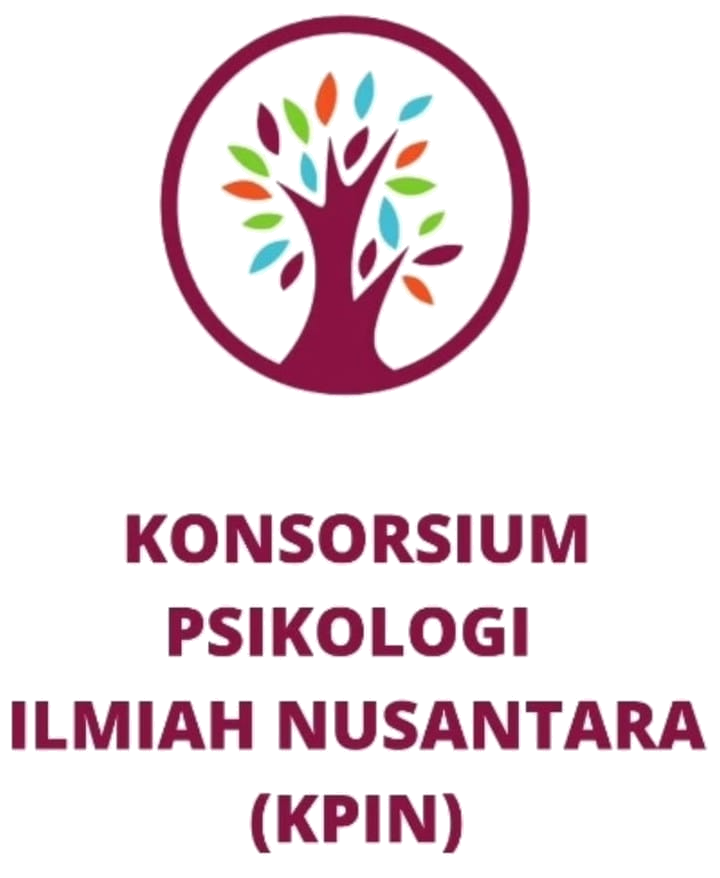Gambaran Pengetahuan, Sikap, dan Praktik Perilaku Mahasiswa terhadap HIV/AIDS dan ODHA (Orang dengan HIV/AIDS)
DOI:
https://doi.org/10.35814/mindset.v8i02.324Keywords:
HIV/AIDS, undergraduate students, KAP (knowledge - attitude - practice)Abstract
Undergraduate students in adolescence and young adulthood period are sexually productive. It is crucial to discover their knowledge, attitude, and practice (KAP) towards HIV/AIDS since the highest HIV infection in Indonesia until 2016 is between those ages. The survey was conducted in Indonesia between November-December 2015. Data was collected using online structured KAP questionnaire to 350 undergraduate students (aged 18-23 years old) in Universitas Indonesia and analyzed with descriptive statistic. The KAP questionnaire used was adapted from Mulu, Abera, and Yinner (2014). Results shown that most participants answered correctly in knowledge items, but most of them still didn't know that HIV and AIDS are two different things, and they think that HIV can be infected through sharing foods, exchanging clothes and toilets with PLWH (People Living with HIV). Most participants have a positive attitude towards HIV/AIDS, but they have a negative attitude regarding on using condom while having sex as an affront to the couple, and disagreeing to live together with PLWH. Regarding on the practice, as much as 76 participants who have had sex ever had a risky sexual behavior but never had VCT (Voluntary Counseling & Testing), while the rest of participants who never had sex mostly have seen a condom but didn't feel comfortable to hold it. Knowledge towards HIV/AIDS was quite sufficient, the attitude was fair enough, but the practice for the participants who have had sex needed attention more. The results also might indicate stigma towards HIV/AIDS in Indonesia still exists because HIV is considered as an easily infected disease.
References
Ageng. (2013, November). Indonesia negara urutan ke-4 penularan HIV/AIDS? Fokus Bandung Raya Online. Diunduh dari http://fokusjabar.com/2013/11/02/indonesia-negara-urutan-ke-4-penularan-hivaids/.
Arora, S., & Sarin, J. (2014). Knowledge, attitude and practices of adolescents related to HIV/AIDS in selected schools of Delhi. International Journal of Nursing Education, 6(1), 59-64.
Corsini, R. J. (2002). The dictionary of psychology. New York: Taylor & Francis Group.
DiMatteo, M. R. (1991). The psychology of health, illness, and medical care: An individual perspective. California, USA: Brooks/Cole Publishing Company.
Glanz, K., Rimer, B. K., & Viswanath, K. (2008). Health behavior and health education: Theory, research, and practice (4th Ed.). San Fransisco: John Wiley & Sons, Inc.
He, N., Zhang, J., Yao, J., Tian, X., Zhao, G., Jiang, Q., & Detels, R. (2009). Knowledge, attitudes, and practices of voluntary HIV counseling and testing among rural migrants in Shanghai, China. AIDS Education and Prevention, 21(6), 570-581.
Lewis, J. E., Malow, R. M., & Ireland, S. J. (1997). HIV/AIDS risk in heterosexual college students: A review of a decade of literature. Journal of American College Health, 45(4), 147-158.
Mulu, W., Abera, B., & Yimer, M. (2014). Knowledge, attitude, and practices on HIV/AIDS among students of Bahir Dar University. Science Journal of Public Health, 2(2), 78-86.
Parker, R., & Aggleton, P. (2003). HIV and AIDS-related stigma and discrimination: A conceptual framework and implications for action. Social Science & Medicine, 57, 13-24.
Patel, V., Minas, H., Cohen, A., & Prince, M. J. (2014). Global mental health: Pinciples and practice. New York: Oxford University Press.
Piperato, J. M. (2014). Lesbian, gay, and bisexual college students’ knowledge, perceptions, and belief about HIV/AIDS (Master’s Thesis). Diunduh dari https://knowledge.library.iup.edu/cgi/viewcontent.cgi?article=2127&context=etd
Prybylski, D., & Alto, W. A. (1999). Knowledge, attitudes, and practices concerning HIV/AIDS among sex workers in Phnom Penh, Cambodia. AIDS Care, 11(4), 459-472.
Santrock, J. W. (2006). Life-span development (10th Ed.). New York: McGraw-Hill.
Sarafino, E. P. (1998). Health psychology: Biopsychosocial interactions (3rd Ed.). USA: John Wiley & Sons, Inc.
Scheid, T. L., & Brown, T. N. (2010). A handbook for the study of mental health: Social contexts, theories, and systems (2nd Ed.). USA: Cambridge University Press.
Sosodoro, O., Emilia, O., & Wahyuni, B. (2009). Hubungan pengetahuan tentang HIV/AIDS dengan stigma orang dengan HIV/AIDS di kalangan pelajar SMA. Berita Kedokteran Masyarakat, 25(4), 210-217.
Stutterheim, S. E., Bos, A. E. R., Pryor, J. B., Brands, R., Liebregts, M., & Schaalma, H. P. (2011). Psychological and social correlates of HIV status disclosure: The significance of stigma visibility. AIDS Education and Prevention, 23(4), 382-392.
Stutterheim, S. E., Shiripinda, I., Bos, A. E. R., Pryor, J. B., de Bruin, M., Nellen, J. F. J. B., Kok, G., Prins, J. M., & Schaalma, H. P. (2011). HIV status disclosure among HIV-positive African and Afro-Carribbean people in the Netherlands. AIDS Care, 23(2), 195-205.
Tadese, A., & Menasbo, B. (2013). Knowledge, attitude, and practice regarding HIV/AIDS among secondary school students in Mekelle City, Ethiopia. African Journal of AIDS and HIV Research, 1(1), 1-7.
Weiten, W. (1992). Psychology: Themes and variations (2nd Ed.). California: Brooks/Cole Publishing Company.
Wortman, C. B., Loftus, E. F., & Weaver, C. (1999). Psychology (5th Ed.). USA: McGraw-Hill Companies, Inc.
Zafar, M., Nisar, N., Kadir, M., Fatmi, Z., Ahmed, Z., & Shafique, K. (2014). Knowledge, attitude, and practices regarding HIV/AIDS among adult fishermen in coastal areas of Karachi. BMC Public Health, 14:437.












